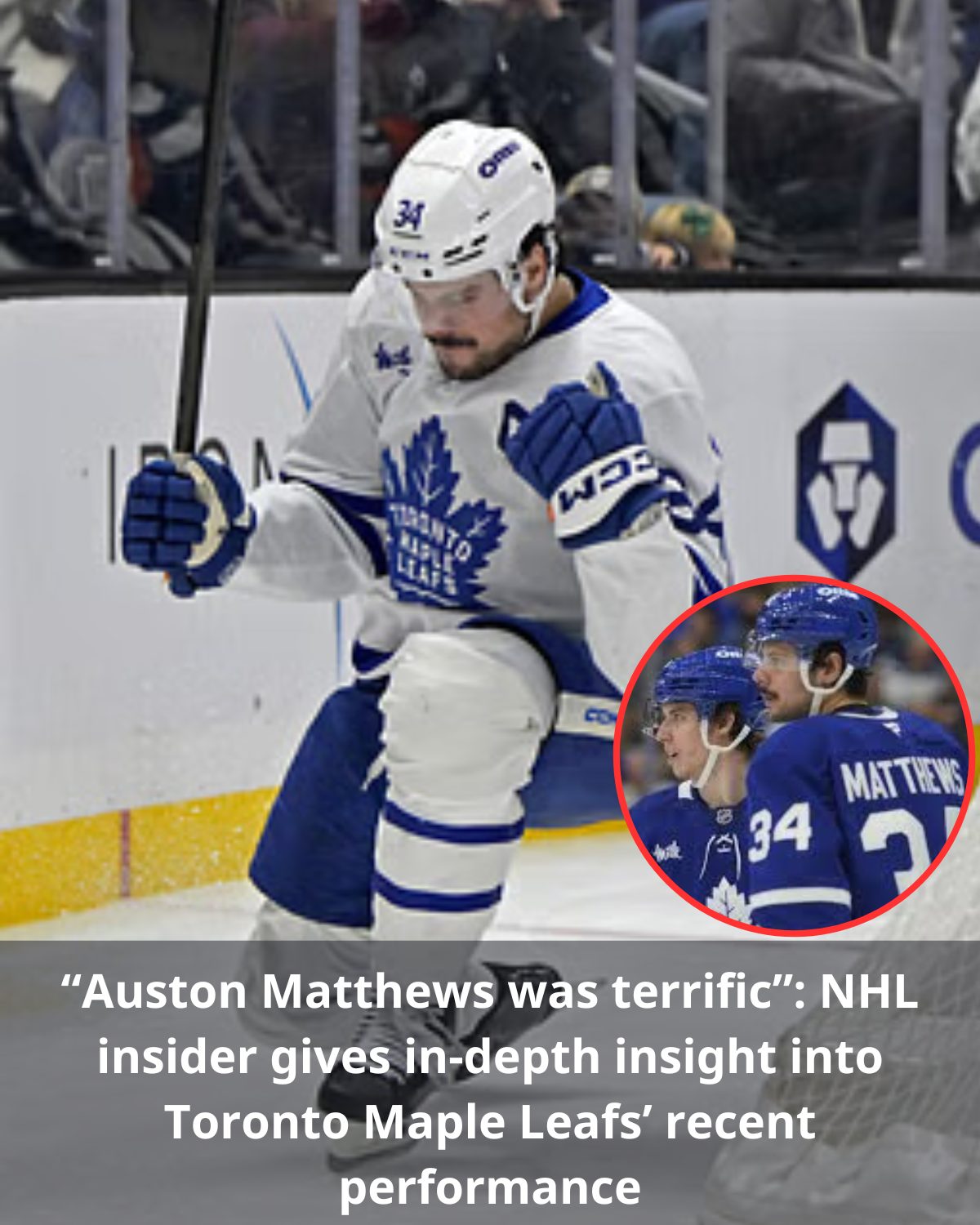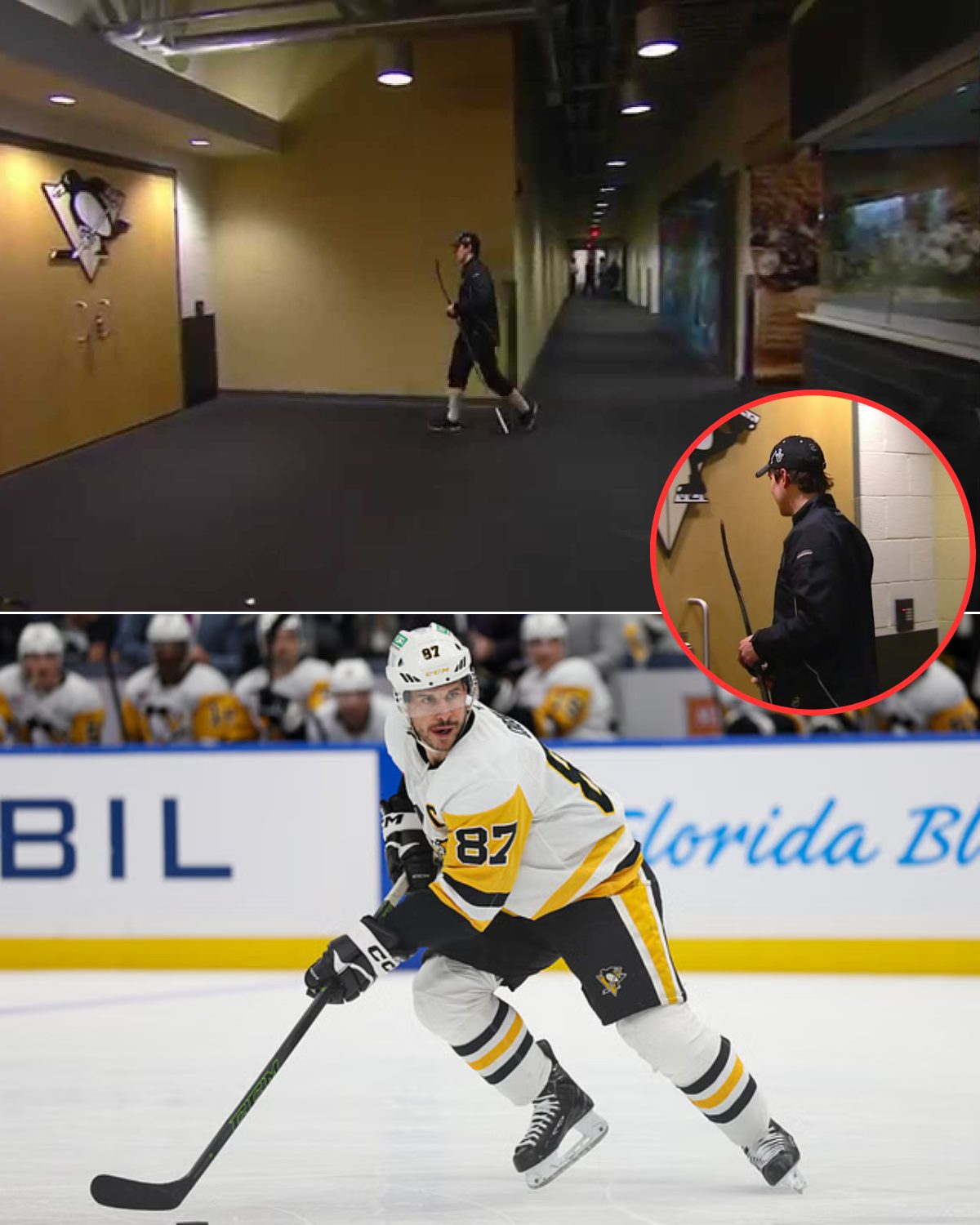
In a recent video, popular YouTuber DDG shared a heartwarming reunion with his son, Halo, but the moment was accompanied by a controversial commentary that sparked mixed reactions online. The video features DDG playfully engaging with his son, affirming their bond with remarks like, “I love my daddy and my daddy loves me, and there’s nothing y’all can do about it.” However, what initially appeared to be a sweet family moment quickly turned into a heated response to critics who have commented on his parenting choices.
DDG addressed his detractors directly, implying that their criticisms stem from personal issues, stating, “You’re just mad because you don’t have a daddy.” He dismissed the negativity surrounding his public displays of fatherhood, suggesting that those who judge him often lack their own positive family experiences. This combative stance has elicited a range of reactions, with some fans supporting his defense while others criticized him for airing personal grievances online.
Critics argue that DDG’s decision to share intimate moments with his son on social media undermines the seriousness of parenting struggles faced by many. They contend that while active fathers often choose to handle their challenges privately, DDG seems to seek validation through public commentary about his family life. This has led to discussions about the appropriateness of sharing such personal matters on a public platform.
As the debate continues, DDG’s approach raises questions about the boundaries between public personas and private lives, especially in the realm of social media. While some fans appreciate his candidness, others are left wondering if he should reconsider how he navigates both fatherhood and public perception. The conversation highlights a broader issue in the digital age: the complex interplay between personal experiences and public commentary in the lives of influencers.

